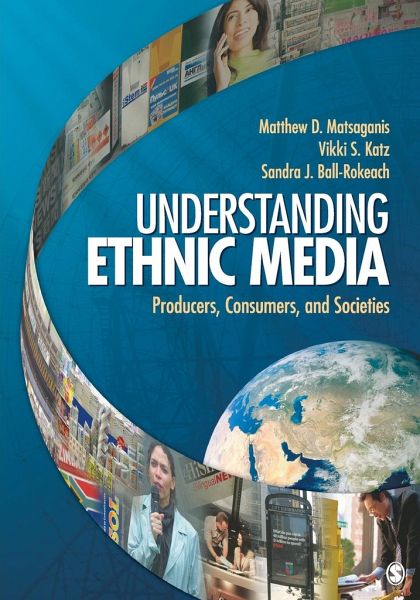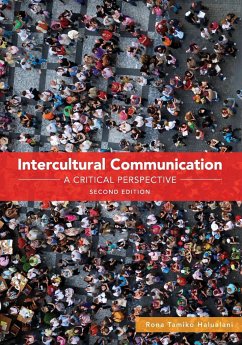
Understanding Ethnic Media
Producers, Consumers, and Societies

PAYBACK Punkte
47 °P sammeln!
This is the first book to provide a comprehensive review and analysis of how media produced by ethnic communities, and for ethnic communities, affect identity and perceived lines of division between "us" and "others," as well as how the production and consumption of ethnic media affect the character of the larger media and societal landscapes. Integrating key ethnic media studies with original research, this book makes a unique contribution to the teaching literature by covering both consumers and producers of ethnic media, as well as the history of ethnic media, its role in ethnic communities...
This is the first book to provide a comprehensive review and analysis of how media produced by ethnic communities, and for ethnic communities, affect identity and perceived lines of division between "us" and "others," as well as how the production and consumption of ethnic media affect the character of the larger media and societal landscapes. Integrating key ethnic media studies with original research, this book makes a unique contribution to the teaching literature by covering both consumers and producers of ethnic media, as well as the history of ethnic media, its role in ethnic communities, the effect of globalization, and the professional challenges faced by ethnic media journalists. A compelling discussion of the future of ethnic media concludes the book and points the way toward further research.














